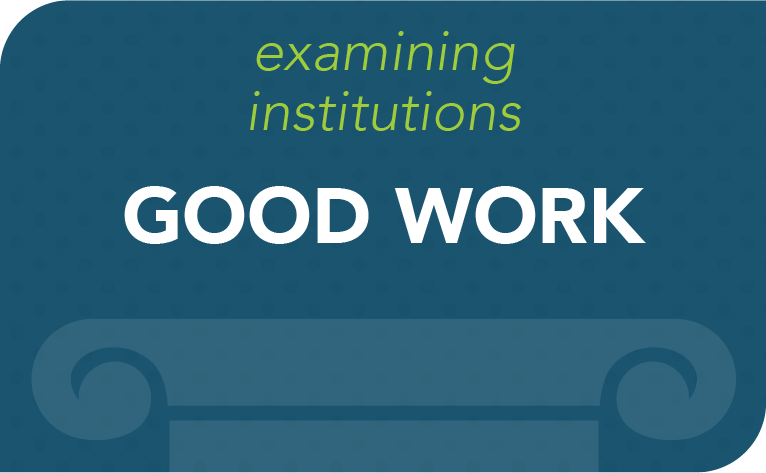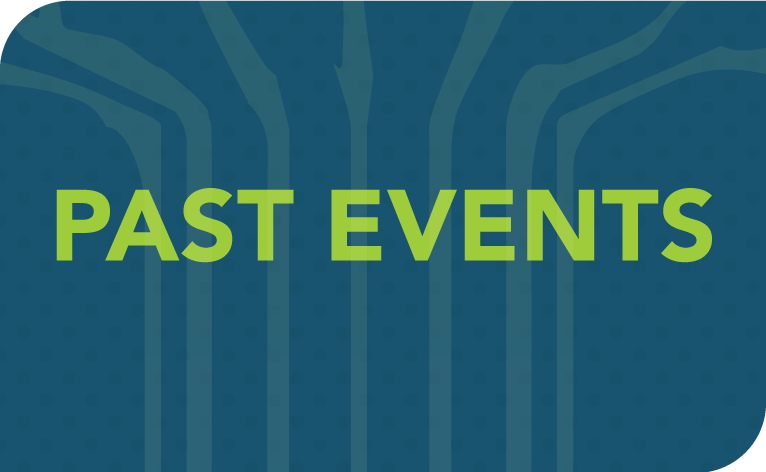
Higher Education throughout Life’s Journey
March 2022
When Michael Burton finished more than two decades working as a judge in St. Louis, he knew he still wanted to do meaningful work, but he did not know what that would look like.
“I became the presiding judge one week before Covid began, so, to put it mildly, the past year and a half before I retired was one of great excitement,” Burton said. “I was mindful of the fact that I wasn’t giving myself any time to think about what was next.”
When a friend told him about the University of Notre Dame’s Inspired Leadership Initiative (ILI), Burton realized that a return to college – not for a credential, but for a community – was exactly what he needed.
The ILI is a one-year program for individuals who have completed their careers and want to join a cohort on Notre Dame’s campus, taking classes together and auditing classes with traditional students, participating in weekly meals, and asking questions of purpose as they discern what is next for them.
Amidst the debate about what higher education is for is a related question: who is higher education for? While the primary constituency at many universities is students in their late teens and twenties, institutions are starting to recognize that many working adults, returning students, and retired individuals are participating in lifelong learning. And while many people pursue education for a credential, the higher purpose of education – developing virtue, wisdom and asking big questions about ourselves and the world – is important for people of all ages.
“What we hope to see in our fellows is what I call a discerned transformation — an opportunity, as they take a year stepping back, to really make a meaningful transformation and a redirection in their lives,” said Thomas Schreier, Founding Director of the Inspired Leadership Initiative. Schreier helped launch the program in 2018 based on similar programs at Harvard and Stanford.
One of the core components of ILI is a class the cohort takes together called the Human Journey, which uses Great Books, design principles and discernment exercises to center questions of meaning and purpose while encouraging participants to consider how they can make an impact in the next stage of their lives. The Human Journey course received such positive feedback from ILI fellows that the Life Design element of this course was adapted for undergraduates and is taught by Professor Steve Reifenberg with the assistance of Tom Schreier to 25 students this year with former ILI fellows as small group facilitators.
“We use the framework of a motivating question: what is the question that motivates you at this stage in your life? We ask everybody to start with that question at the beginning of the semester, and then we watch it evolve during the course of the year. It’s exactly the same kind of evolution we see with our fellows — the motivating questions start kind of superficial and they move deeper during the course,” Schreier said. “Our objective is to give both undergrads and our fellows the tools to address those questions throughout their life. We don’t want to give them a point on a map. What we want to do is give them a compass. We try to give them the tools to build their own personal compass, so they have something to guide them through the rest of their lives.”
While the curriculum gives ILI fellows a framework for their year, Burton and other fellows share a sentiment that sounds similar to alumni reflecting on their undergraduate experience: it is the community, the campus, and dwelling in a place where fun and deep conversations co-exist that makes the time truly transformative.
“The class has been great, but I’ll tell you it has been amazing developing incredibly deep friendships with people that are likeminded,” Burton said. As he discerns what is next for him, the content of the Human Journey is embodied in these friendships with other fellows.






